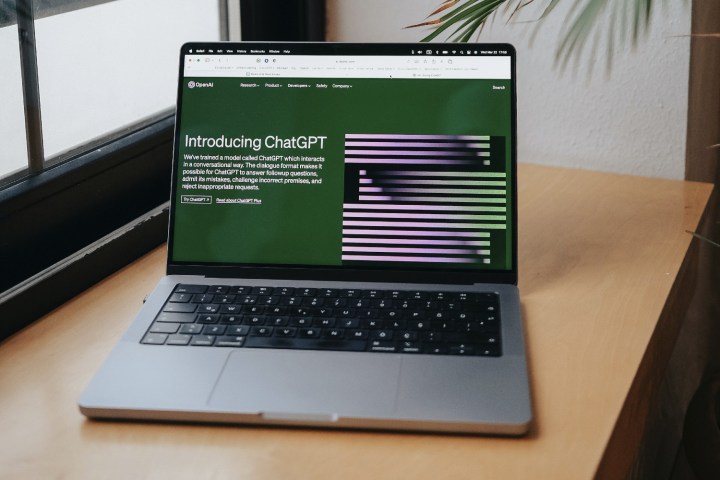A student who typically gets much lower grades admitted to using ChatGPT to achieve a top score on a college essay, according to BBC News.
The student from Cardiff University in Wales chose to go by the pseudonym “Tom” to protect his identity and told the publication that he conducted an experiment while submitting essays during the school’s January assessment period. He submitted one 2,500-word essay written completely on his own and one with the assistance of the AI chatbot, ChatGPT to see what results he would yield.

Tom is used to receiving an average grade of 2.1, and he got his typical grade on the essay he wrote himself, but he was surprised to see he got the highest score of his college career on the essay he submitted with the help of ChatGPT. He claims the essay was not generated word-for-word, but rather he used the chatbot to gain access to more quality information. He also admitted he planned to use his ChatGPT strategy in the future.
Another Cardiff University student referred to as “John” told BBC News he was glad that he was able to take advantage of ChatGPT in his final year of school before the of use AI for plagiarism purposes could potentially affect the legitimacy of his degree in the future. With that being said, he told the publication he was certain that the use of AI in his work was undetectable.
While ChatGPT is not banned in U.K. schools, Cardiff University has admitted to being aware of the plagiarism claims going on at its campus. Additionally, there was a Freedom of Information assessment done at the university in January that determined there were 14,443 visits to the ChatGPT site on the campus Wi-Fi networks, compared to zero hits in December 2022, according to BBC News.
Some schools in the U.S. quickly pushed to have ChatGPT blocked from being used on campuses after the chatbot became an internet phenomenon when it launched in November 2022. However, that doesn’t mean there aren’t several loopholes that students can exploit, such as accessing it through a VPN, accessing it off campus, or accessing it through a smartphone or tablet.
Prior to the ban, students have been caught using ChatGPT to plagiarize essays word-for-word and were punished accordingly. One processor was able to catch a student using simple plagiarism detection software. He noted that as the language model on which ChatGPT is made is updated, plagiarism can become harder to discern.



